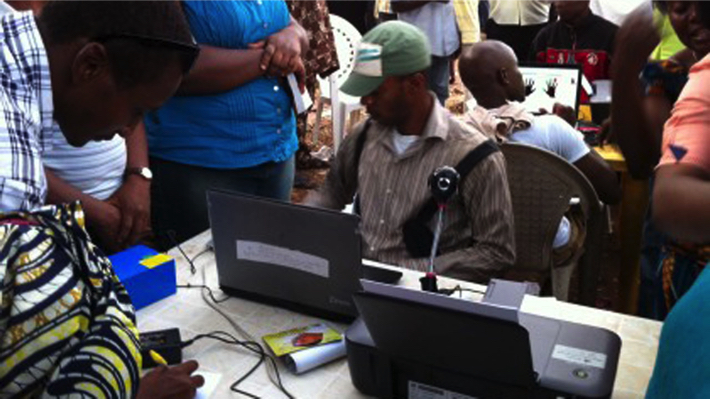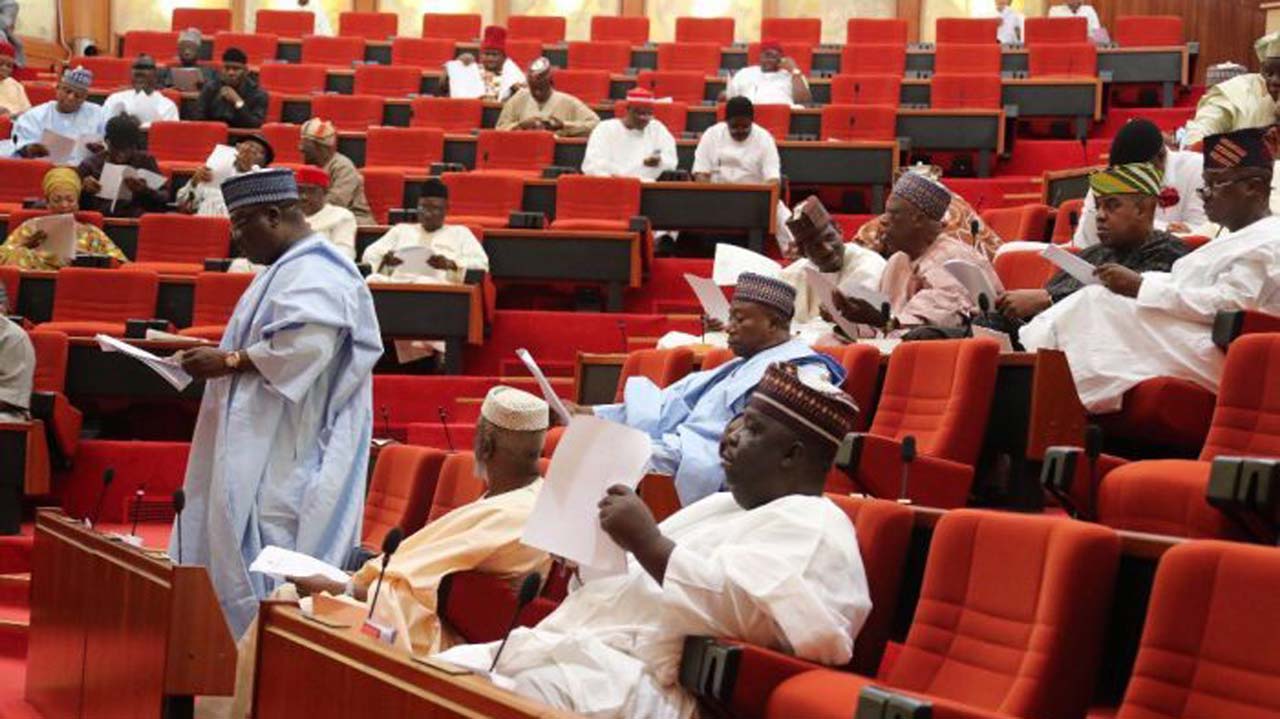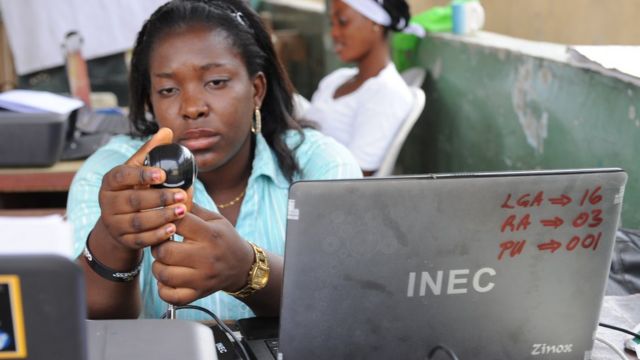The House of Representatives on sunday, July 18, 2021 clarified that the passage of the electoral bill into law cannot hinder the Independent National Electoral Commission, INEC, from adopting electronic voting and transmission of election results in 2023.

The clarification came as opposition lawmakers urged President Muhammadu Buhari to insist on the mandatory inclusion of electronic transmission of results in the laws.

It explained further that it had in the controversial Section 52(2) of the electoral bill given adequate discretionary powers to the electoral umpire on whether or not to transmit election results electronically.
The reactions, however, came on the heels of the widely-publicised testimony by INEC that it has capacity for real-time transmission of election results from the polling units to the central server, countering the Executive Commissioner, Technical Services, Nigerian Communications Commission, NCC, Professor Ubale Maska, that the nation lacks capacity on electronic transmission of election results.
This is even as the Senate President, Ahmad Lawan, advanced reasons to justify the position taken by the Senate. His defence came as the passage of the passage on Thursday continues to generate reactions against the development.
Giving the clarifications yesterday, spokesman of the House, Benjamin Kalu, said the position of the House was not against INEC in any way.
He added that the disagreement was between NCC, which testified on lack of capacity and INEC which countered the commission; and not with parliament.
He said: “I will like to place it on record that INEC did not counter the House of Representatives’ position on Section 52 (2) of the Electoral Bill because we allowed INEC discretion to decide when it suits them as an independent, unbiased umpire. There is no interference whatsoever.
“We did not take any position that is against the INEC position. If at all there is any countering that was done, it was between the INEC now and the report of the NCC. NCC is saying they don’t have the capacity and INEC is saying they have the capacity.
“It has nothing to do with the National Assembly. The National Assembly, as long as the House of Representatives is concerned, has given INEC full discretionary powers to do so. May be, they should go to the Senate and clear with Senate on the capacity or otherwise.
“We adopted in full what was proposed to us by that report on the bill and that was what the CSOs asked for. That was what the Nigerian people asked for during the public hearing and we did not change it against all the accusations that we were influenced to sneak it out of the bill and we kept clearing that report. Now, it had been presented and we have seen where the position of Nigerians lies — discretionary powers for an independent organizations such as INEC. We did not whittle those powers down. Those powers were not reduced. We agreed with that proposition.
“So, most people who are raising this propaganda around have not really sat down to interpret the position of this particular Section 52 (2). And I am sure that by tomorrow or so, the House will be coming out with a press release that will clear the real position of the House of Representatives.
“So, we are not being countered by INEC. INEC simply countered NCC and they should sort it out. For us, we have given them the powers. If they have the capacity, let them transmit. If they don’t have capacity, let them not transmit.
“The only thing we did was to reject a motion that says “shall” should be used to replace “may”. And you know if you do “shall”, it means it’s compulsory; whether or not they are able to do it, they must do it.
“But here, we are saying, you are independent, look at the various polling units, look at where you have the technological capacity to transmit, you transmit. If you don’t have, you are also open to manual, you should do that.
“That’s what we passed and the public needs to know that was what we passed. There will be a press release by tomorrow (today) on this, hopefully.”

















